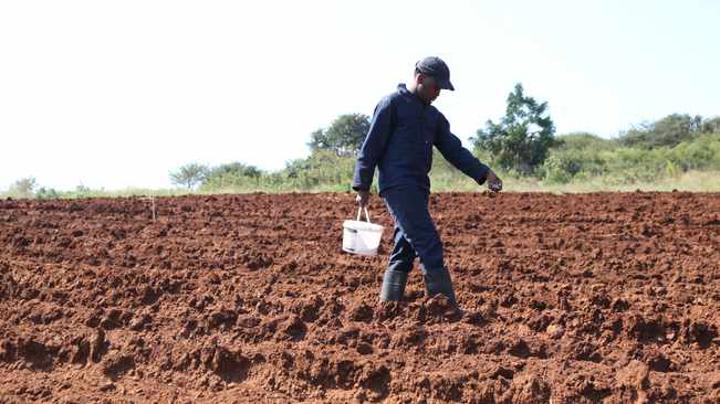Africa-Press – South-Africa. As the country commemorates International Workers’ Day South African political parties have lamented the country’s spiralling unemployment rate, saying that the day was not worth celebrating in the face of growing unemployment.
DA leader John Steenhuisen said that South Africa had very little to celebrate this Workers’ Day saying that never before had the plight of the South African worker been more precarious.
“Never before have the prospects of those looking for work been more hopeless. Our expanded unemployment rate now sits at over 42%. We are world leaders in this regard, and we were world leaders long before Covid-19 struck.
“Instead of devoting today to empty platitudes in honour of our labour force or the history of our labour movement, we should use the opportunity to examine, honestly, the cause of this unemployment catastrophe,” Steenhuisen said.
The leader of the official opposition party said until the country was willing to confront the real reasons, and not simply go along with the government’s scapegoated reasons, it would make no inroads.
He said that South Africa had a government stuck in the past, adding that the government was deliberately stuck in its own past, because its handling of the present and their prospects for the future were so dismal.
“But they are also stuck in an ideological past, clinging to policies and an economic system that have long since failed the world over,” Steenhuisen said.
Given the country’s spiralling unemployment rate, which currently stands at 32.5% from the fourth quarter of 2020, IFP leader Velenkosini Hlabisa called for local opportunities to be granted to locals.
Hlabisa said that the spiralling unemployment rate was, in part, thanks to the impact of the Covid-19 pandemic on the economy.
“Would it not therefore be logical to offer any available job opportunities, particularly those funded by the government, to South Africans? Why then, are South African medical doctors and engineers being pushed aside in favour of their Cuban counterparts?” Hlabisa said.
He added that the past contributions made by Cuba in the fight for South Africa’s democracy cannot be ignored.
However, Hlabisa questioned how the South African government could justify creating job opportunities for foreign doctors and engineers when there were hundreds, if not thousands, of qualified South African professionals sitting at home, desperate for an opportunity to work.
“Further, these professionals already speak at least one of our 11 official languages and live in South Africa. No time or money needs to be spent on language lessons or relocating them and providing them with housing and transportation before they can even start working,” Hlabisa said.
With government and public sector unions in an impasse over the increase of public servants’ wages, SACP general secretary Blade Nzimande pledged the party’s support against the undermining of collective bargaining rights.
“It surely cannot be that the negative economic impact and the brunt of Covid-19 must be carried by workers alone. Forging a wider progressive trade union unity in action to advance the common interests of the workers should include strengthening the fight against retrenchments.
“Let us not allow our belonging to different worker federations stand in the way of joint action for common interests, for common demands, and against retrenchments, among others,” Nzimande said.
He also called on the government to take the lead in ensuring that the dispute with public sector workers was not resolved through the courts, but by taking it back to the negotiating table.
The SACP does not expect of our own government not to honour bargaining agreements with public sector workers.
“This also sets a very bad example for private capitalist bosses who think they can now embark on unilateral actions thus undermining the collective bargaining system that South African workers fought so hard for,” Nzimande added.
IOL






